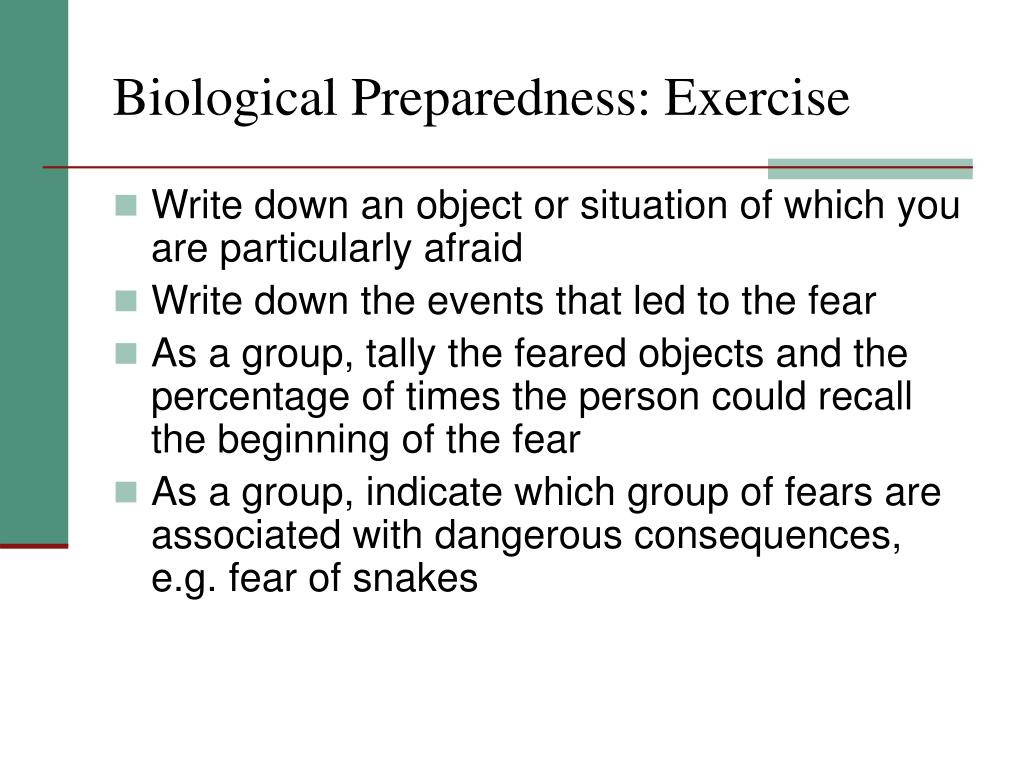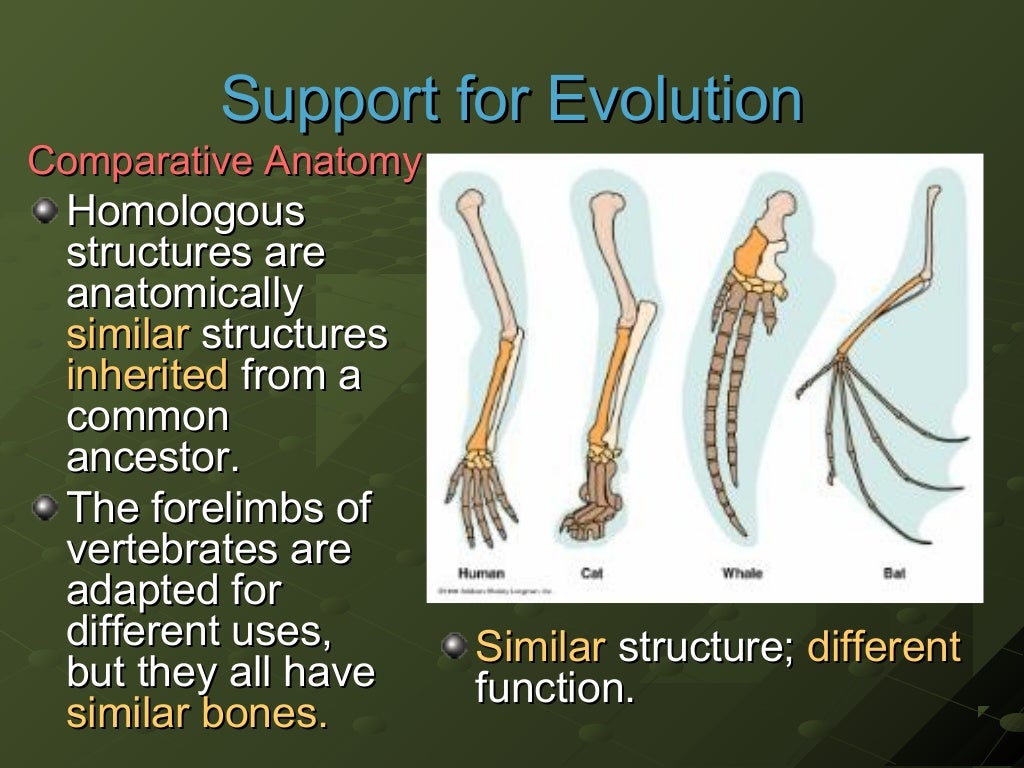
Definition and Background
The first is simply that cognitive psychologists are in the business of explaining cognition in biological organisms, and biological organ- isms are the product of evolutionary forces. To put it more succinctly: † If you are a materialist, then you are committed (at least implicitly) to the view that The mind is what the brain does It is commonly supposed that evolutionary explanations of cognitive phenomena involve the assumption that the capacities to be explained are both innate and modular. This is understandable: Estimated Reading Time: 6 mins 23/07/ · This means that we’re prepared to condition certain stimuli much more easily than others. This is an evolutionary process, as a result of the need for organisms to adapt to their environment. Thus, people are more likely to fear dangerous rather than harmless stimuli because it threatens human survival. Characteristics of phobias

CLIPSO, l'expert en solutions de plafond tendu et de revêtement mural pour tous vos projets.
The first is simply that cognitive psychologists are in the business of explaining cognition in biological organisms, and biological organ- isms are the product of evolutionary forces. To put it more succinctly: † If you are a materialist, then you are committed (at least implicitly) to the view that The mind is what the brain does It is commonly supposed that evolutionary explanations of cognitive phenomena involve the assumption that the capacities to be explained are both innate and modular. This is understandable: Estimated Reading Time: 6 mins Our theory incorporates both a domain-independent organizing principle and the importance of domain-dependent processes. Third, we briefly discuss one unique prediction arising from the Brunswikian Evolutionary Developmental theory and describe preliminary supporting evidence. Keywords Associative learning Biological preparedness Cognition

What discipline/subjects do you deal in?
Our theory incorporates both a domain-independent organizing principle and the importance of domain-dependent processes. Third, we briefly discuss one unique prediction arising from the Brunswikian Evolutionary Developmental theory and describe preliminary supporting evidence. Keywords Associative learning Biological preparedness Cognition It is commonly supposed that evolutionary explanations of cognitive phenomena involve the assumption that the capacities to be explained are both innate and modular. This is understandable: Estimated Reading Time: 6 mins 08/11/ · Biological preparedness postulates that organisms are evolutionarily predisposed to developing associations between certain stimuli and responses. For example, people can be more predisposed to fearing things (such as heights or snakes) which have historically presented a mortal threat to humans

Preparedness theory: general characteristics
Our theory incorporates both a domain-independent organizing principle and the importance of domain-dependent processes. Third, we briefly discuss one unique prediction arising from the Brunswikian Evolutionary Developmental theory and describe preliminary supporting evidence. Keywords Associative learning Biological preparedness Cognition It is commonly supposed that evolutionary explanations of cognitive phenomena involve the assumption that the capacities to be explained are both innate and modular. This is understandable: Estimated Reading Time: 6 mins The first is simply that cognitive psychologists are in the business of explaining cognition in biological organisms, and biological organ- isms are the product of evolutionary forces. To put it more succinctly: † If you are a materialist, then you are committed (at least implicitly) to the view that The mind is what the brain does

Online Academic Help With Different Subjects
01/03/ · The proposed Brunswikian Evolutionary Developmental theory utilizes a domain-independent organizing principle (the Lens Model) and takes into account the influence of domain-dependent utilization by the organism of ecologically valid stimuli and responses ( Author: Aurelio José Figueredo, Kenneth R. Hammond, Erin C. McKiernan 23/07/ · This means that we’re prepared to condition certain stimuli much more easily than others. This is an evolutionary process, as a result of the need for organisms to adapt to their environment. Thus, people are more likely to fear dangerous rather than harmless stimuli because it threatens human survival. Characteristics of phobias The first is simply that cognitive psychologists are in the business of explaining cognition in biological organisms, and biological organ- isms are the product of evolutionary forces. To put it more succinctly: † If you are a materialist, then you are committed (at least implicitly) to the view that The mind is what the brain does
No comments:
Post a Comment